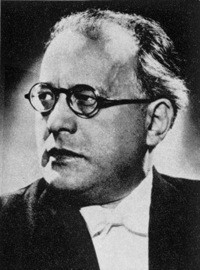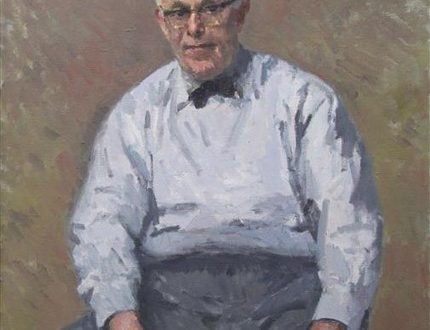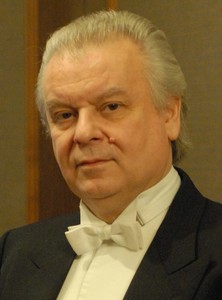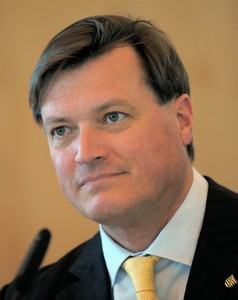
Grzegorz Fitelberg |
Grzegorz Fitelberg

This artist belongs to one of the most prominent places in the Polish musical culture of the XNUMXth century. Polish music owes much to Grzegorz Fitelberg for its recognition, its entry into the concert stages of the whole world.
The father of the future artist – Grzegorz Fitelberg Sr. – was a military conductor and, having discovered an extraordinary talent in his son, he sent him to the Warsaw Music Institute at the age of twelve. Fitelberg graduated in 1896 in the violin class of S. Bartsevich and in the composition class of 3. Noskovsky, having received the I. Paderevsky Prize for his violin sonata. After that, he became concertmaster of the Warsaw Opera House Orchestra, and later of the Philharmonic. With the latter, he made his debut as a conductor in 1904, and a few years later began a regular conductor’s activity.
By this time, Fitelberg had already gained fame as an interesting composer, the author of two symphonies, symphonic poems (including Songs about the Falcon by M. Gorky), chamber and vocal compositions. Together with progressive Polish musicians – M. Karlovich, K. Shimanovsky, L. Ruzhitsky, A. Sheluta – he was the organizer of the Young Poland society, which aimed to promote new national music. And soon Fitelberg finally leaves the composition to serve this purpose with his conducting art.
Already by the second decade of our century, the conductor Fitelberg is gaining recognition. He makes his first tours with the Warsaw Philharmonic, conducts at the Vienna Court Opera and in concerts of the Society of Friends of Music, gives a number of concerts at the first festival of Polish music in Krakow. The artist spends a long period of time in Russia – from 1914 to 1921. He conducted concerts at the Pavlovsky railway station, led the State Symphony Orchestra, led performances at the Mariinsky and Bolshoi theatres.
Fitelberg has been working with great enthusiasm and intensity since his return to his homeland. In 1925-1934, he headed the Warsaw Philharmonic Orchestra, and then organized his own team – the Polish Radio Orchestra, which already in 1927 was awarded a gold medal at the World Exhibition in Paris. In addition, the artist constantly performs at the Warsaw Opera, makes long tours of Europe, North and South America, during which he not only gives concerts, but also conducts opera and ballet performances. So, in 1924, he stood at the podium of S. Diaghilev’s Russian Ballet, and in 1922 he held the premiere of Stravinsky’s Mavra at the Grand Opera in Paris. Fitelberg repeatedly visited the USSR, where his art enjoyed great love of listeners. “Every new meeting with him pleases in a new way. This is a master of great, albeit restrained temperament, a brilliant organizer of the orchestra, able to subordinate it to his thoughtful and deep performing plan,” A. Goldenweiser wrote about him.
The first performer of most of the compositions of his friends in the Young Poland society, he also gave dozens of concerts abroad, the programs of which were composed exclusively of works by Szymanowski, Karlovich, Ruzhitsky, as well as younger authors – Wojtowicz, Maklakevich, Palester, Perkovsky, Kondratsky and others. Szymanowski’s worldwide fame was largely due to the inspired and unsurpassed performance of his music by Fitelberg. At the same time, Fitelberg made himself famous as an excellent interpreter of the works of the largest composers of the first half of the XNUMXth century – Ravel, Roussel, Hindemith, Milhaud, Honegger and others. At home and abroad, the conductor also constantly performed Russian music, especially Scriabin, Stravinsky, Prokofiev, Myaskovsky; under his direction, D. Shostakovich’s First Symphony was first performed in Poland.
Until the end of his life, Fitelberg devoted all his talent to serving his native art. Only during the years of the Nazi occupation he was forced to leave Poland and gave concerts in the Netherlands, England, Portugal, the USA, and South America. Returning to his homeland in 1947, the artist led the Polish Radio Grand Symphony Orchestra in Katowice, taught at the Warsaw Conservatory, worked a lot with amateur musical groups, and participated in many public initiatives. Fitelberg was awarded the highest awards and prizes of the Polish People’s Republic.
L. Grigoriev, J. Platek





